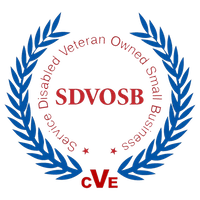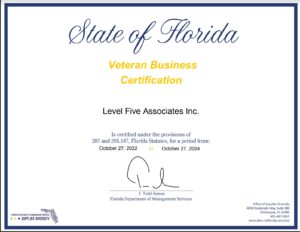A few years ago, I had the pleasure of talking with Bill Higgs as part of his ‘Culture Code Champions‘ podcast.
We talked about several things — my history at West Point, what Level Five leadership and culture mean, and how to better manage teams.
One subject that stood out was a story from Bill about the power of the first impression. 
It goes back to his days at Mustang Engineering, a company Bill helped co-found.
” One of the things that we started doing at Mustang was what I call a new hire breakfast… try to get that good first impression.
We would get all the new hires out to an offsite for breakfast and all our managers would be there intermingled at tables. We’d go around and ask each person, ‘How did you come to this company? What project are you on?’
Managers would take off from that and talk about cultural points and how we won that work, how we’re integrated, how we’re cross-fertilizing and cross-training. From that first impression, they saw a tight-knit leadership team that could joke with each other, mess with each other a little bit.
They could feel, ‘This is a family, this is bonded, this is different than any other business I’ve been in.’ You get that first impression and that can go a long way to get people through some of those early bumps in their career…
…The numbers don’t lie. 70% of new hires don’t make it to twelve months with their company. What surprised me is 60% don’t even make it to six months… it probably all goes back to that first couple of weeks. Whether or not the leadership connected with them and whether or not they were able to connect sideways with those that are around them. “
I was fortunate enough to have that kind of positive first impression myself. In 1975, I had my first military assignment with the 11th Armored Cavalry Regiment patrolling the East-West German border. Despite the struggles the Army was going through culturally at that time (balancing draftees with volunteers, racial tensions, drug abuse), the 11th Cavalry Regiment had such a strong bond of history, culture, …. and the behaviors that we were expected to manifest.
And that was the impression that stuck with me — that made me want to stay in the Army, despite the challenges within the organization’s culture. I came out of that four-year assignment feeling as though I belonged.
What are you doing to make your new hires feel like they belong? In today’s hybrid world of in-person/work-from-home, it is more important than ever to make everyone feel included.
As a leader, make it a point to personally conduct an initial welcome, of course.
But then… make it a team effort to bring in new members in a deliberate way, starting with positive, personal interaction.
If we can demonstrate that we ‘walk the talk,’ that we embody our organization’s values and appreciate new team members, that will leave a great first impression — one that can last even despite other problems your organization may be facing.
You can get the full podcast audio of Bill and me here.
You can also check out Bill’s ‘Culture Code Champions’ book, as well as his ‘Mustang the Story‘ book where he dives into his history with Mustang Engineering.
Enjoy the Journey!
Did you find this blog post beneficial? If so, please consider sharing it with your audience using one of the choices below. It’ll just take a second, but could improve someone’s work habits for a long time to come.





